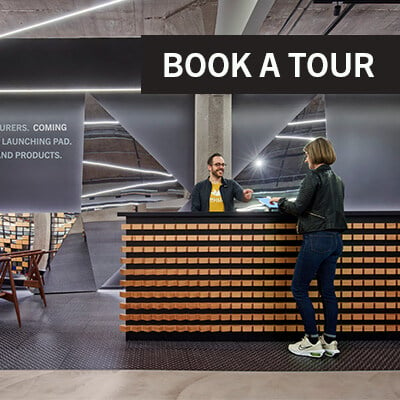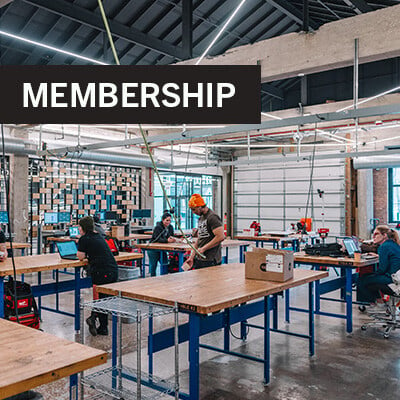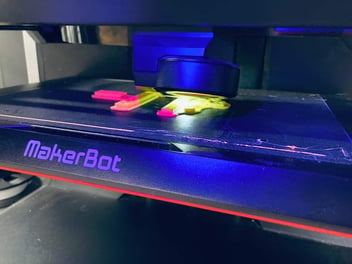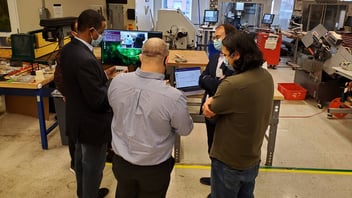Product Development Considerations
Entering the world of product design can be a daunting process. We strive to arm product entrepreneurs with the right tools and resources they need to prototype and market their manufactured products. We have compiled a list of the top 5 most important product innovation considerations to think about before beginning the journey.
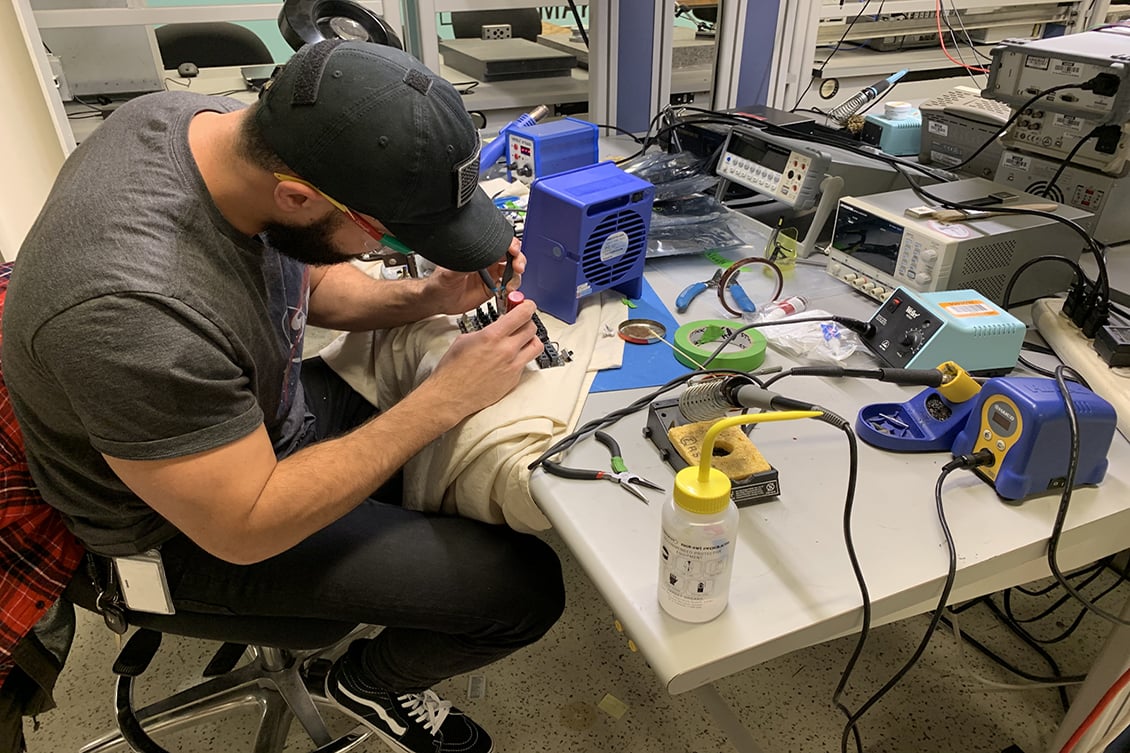
1. Understanding the market and how your invention is solving its problem
When a manufacturing entrepreneur approaches me with an idea and pitches their solution, the first question I ask is, “What’s the problem that your product is solving?” A problem-focused approach puts more emphasis on understanding the target market and broader customer needs to provide a solution that is applicable. It’s best to back up, rewind, and answer questions such as:
- Who does my product help?
- What industry problem does the product solve?
- Are my customers willing to pay for these features?
2. The human-centric experience
Many product entrepreneurs don’t want to share their idea because they feel there is a risk of it being stolen or recreated. In my experience, there is a much greater risk of spending too much time and money on an idea that doesn’t appeal to customers or solve the right problem.
Often product designers neglect feedback and user experience. This is a vital part of the product design process. First, think about your customers and their experience using the product. Do your research. It is crucial to listen to your potential customers. Conduct observations of your audience using functional prototypes to gain meaningful insights. Missing this step can cause your team to waste time and money developing the wrong prototype, resulting in a costly setback. By conducting primary research early on, you can ensure the product is designed to optimize your customer’s preferred user experience.
3. Prototyping costs and payback time
Prototyping is a costly and time-consuming process, but it reduces and mitigates risk prior to launching a business. It takes several iterations to get a product worth manufacturing at scale. It’s nearly impossible for small business owners and entrepreneurs to build a functional prototype without easily accessible machinery, prototyping tools, and materials. Finding hardware incubator spaces such as mHUB that already own necessary prototyping equipment can saves significant time and money. Time savings can be as important as cost reduction because of the fact that multiple iterations can be completed in days instead of months. This competitive advantage can make the difference in beating your competition to market.
4. Team and technical knowledge
Identifying the right team with appropriate technical knowledge is a critical resource in product innovation. When I first started as a hardware entrepreneur, I found myself alone in my apartment trying to do everything by myself. I was spinning my wheels without a team. A better approach is to surround yourself with other product entrepreneurs who have experienced knowledge and skills of the process that you’re about to undertake. At mHUB’s hardware incubator, we have 1,000 community members with a broad diversity of talent and manufacturing innovation experience. It’s very easy to bounce an idea off another hardware startup or use the engineering design services that mHUB offers to quickly advance your technical challenges. You can also join one of the many classes that mHUB offers to build your own technical knowledge in specific areas.
5. Manufacturing and scaling
When it’s time to produce your product, the most critical decision you make is selecting your manufacturing partner. This partner must be vetted and trusted as much as any other partner you work with. It’s import to select a manufacturer that has the process capabilities and experience that you need for your particular product. Ask them about other related customers they’ve worked with that use similar processes and materials. If a manufacturer doesn’t have the capability to efficiently produce your product, they may steer you towards an inefficient and inaccurate process in order to get your business. Watch out for that! It’s also important to select a manufacturer that frequently works at the volume you are targeting and projecting. mHUB offers vast network of manufacturers to help introduce you to a reputable and qualified partner.

